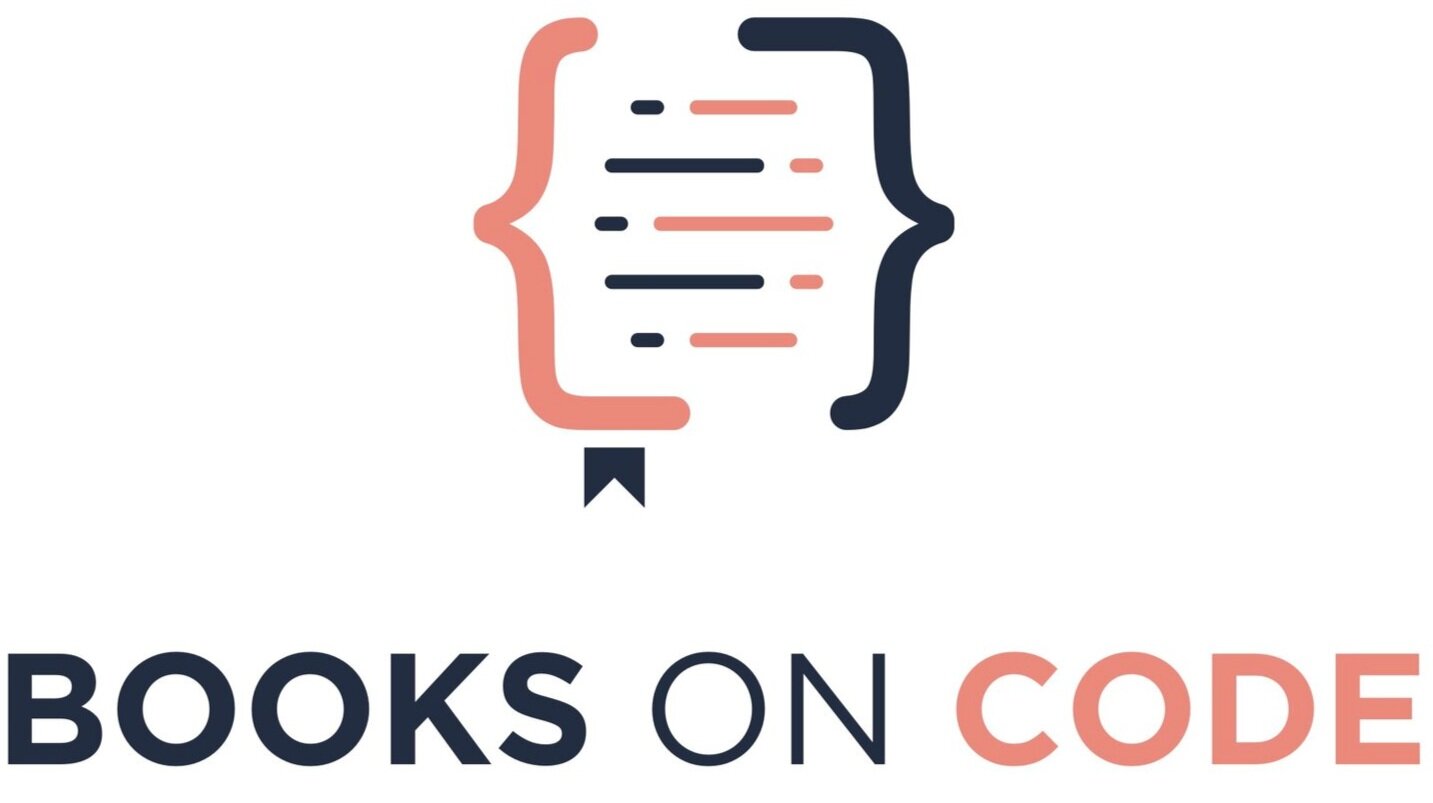Top 5 R Books for Beginner Data Scientists in 2023
Look both ways before you start learning the ‘R’ programming language. What is it and what books do you need to be set up for success?
Are you eager to accelerate your career in the field of Business Analytics? Do you want to get into corporate giants like SAP, Oracle, Facebook, Google, IBM, Bing, or Mozilla? If you answered yes, then you must get up and start learning R.
R is a free software environment for statistical computing and graphics. It runs a wide variety of UNIX platforms, Windows and macOS. This programming language is developed by Ross Ihaka and Robert Gentleman in 1993.
Undoubtedly, R is one of the most advanced statistical programming languages used worldwide by several statisticians to make their lives much easier and much more productive.
Why Learn R?
So, what’s so good about learning the R programming language?
Here are the reasons why you should learn R:
Open Source: R is a free open source language. You can download R from the internet and even modify it and make your own packages.
Cross-Platform: R is a cross-platform compatible programming language. It can run R on several operating systems and varied Software/Hardware.
Community: R Programming is supported by a vast community that maintains and updates R.
Diverse: R is being used in almost every industry. It is used for portfolio management, risk analytics in finance, genomic analysis in bioinformatics, and banking industries.
Web-app Friendly: R provides you with the ability to build aesthetic web-applications.
Transferable: R easily relates to other programming languages. It is quite friendly and can be easily connected to various databases using ODBC and the Oracle package.
What Makes Best R Books?
To help you in selecting a well-structured and latest R book for beginners, we have narrowed it down to the top 5 best R books for beginners.
Here are our criteria for selection of the books:
Use clear, precise, and easy-to-understand language
Thoroughly teach and explain the basic concepts of R programming language
Contain exercises, examples, and practice problems for hands-on experience
Enable to hold the attention of readers
Well-structured and friendly toward self-taught programmers
Best R Books for Beginners
Do you want to start learning R Programming? With the right book, you can learn R easily and start building your own projects from scratch.
Here is a curated list of top 5 R programing books that should be part of any beginner R language learner:
1. Best book for step-by-step learners: R: Easy R Programming for Beginners, Your Step-By-Step Guide To Learning R Programming
R: Easy R Programming For Beginners- Your Step-By-Step Guide to Learning R Programming by Felix Alvaro starts from the very bottom and slowly builds your knowledge on R, one brick at a time. The book carefully explains each concept and takes you through a natural sequence of lessons.
This book covers a lot of the fundamentals. You will learn about functions, arguments, packages, and the best design patterns for coding in R. The book also contains images, examples, and other tools to guide your learning. As you go through the book, you will be able to learn the following:
The history of R programming and its benefits
How to install R & R Studio and work with code editors
The fundamentals of R syntax
Function & Arguments
R Programming with user packages
Organizing data in Vectors
Working with Data-Frames and Matrices
Creating Lists
Effective coding in R
Controlling Logical Flow
Working with base graphics
Creating Faceted graphics using Lattice
Moreover, to learn from this book, you don't need to have any earlier programming experience.
2. Best book for hands-on learners: R for Everyone: Advanced Analytics and Graphics
R for Everyone: Advanced Analytics and Graphics by Jared P. Lander focuses on the 20 percent of R functionality you will need to accomplish 80 percent of modern data tasks. This book provides extensive hands-on practice and sample code.
This book is actually two books in one and includes 30 chapters. The first 13 chapters cover the absolute basics of the R language. They are quite good and if you are new to R you will find them extremely useful. The remaining chapters cover using R for statistical learning techniques.
The book offers extensive hands-on practice and sample code. It then delves into how R can be used by statisticians for data analysis. You don’t need any prior programming experience before picking this book.
Explore R, RStudio, and R packages
Use R for math: variable types, vectors, calling functions, and more
Exploit data structures, including data.frames, matrices, and lists
Read many different types of data
Create attractive, intuitive statistical graphics
Write user-defined functions
Control program flow with if, if-else, and complex checks
Improve program efficiency with group manipulations
Combine and reshape multiple datasets
Manipulate strings using R’s facilities and regular expressions
Create normal, binomial, and Poisson probability distributions
Build linear, generalized linear, and nonlinear models
Program basic statistics: mean, standard deviation, and t-tests
Train machine learning models
Assess the quality of models and variable selection
Prevent overfitting and perform variable selection, using the Elastic Net and Bayesian methods
Analyze univariate and multivariate time series data
Group data via K-means and hierarchical clustering
Prepare reports, slideshows, and web pages with knitr
Display interactive data with RMarkdown and htmlwidgets
Implement dashboards with Shiny
Build reusable R packages with devtools and Rcpp
By the time you’re done, you won’t just know how to write R programs, you’ll be ready to tackle the statistical problems you care about most.
3. Best book for Absolute beginners: R Programming for Beginners: An Introduction to Learn R Programming with Tutorials and Hands-On Examples
R Programming for Beginners: An Introduction to Learn R Programming with Tutorials and Hands-On Examples by Nathan Metzler will help you begin using R effectively for statistical analysis.
In this book, you will learn everything you need to do heavy data wrangling in R, with graded exercises and examples at the end to help you reinforce what you've learned.
Step-by-step instructions to help you set up and install the R Environment with photos
How to properly Execute R Scripts with your favorite code editor
Everything you need to know about the R syntax—statements, blocks, comments, and keywords
Steps to help you write your very first R script and begin your programming journey
The 6 data types supported by the R programming language
How to name variables and assign values to them
Steps to help you write well-defined user functions effectively
How to control program flow with decision making control structures and loops
How to visualize data with R programming
If you're completely new to programming, this book has everything you need to master R completely.
More books you may like:
4. Best book for Completionists: R in Action: Data Analysis and Graphics with R
R in Action by Dr. Rob Kabacoff teaches you how to use the R language by presenting examples relevant to scientific, technical, and business developers. The book guides you in using R to manage, analyze, and visualize data.
The book is divided into four parts and 16 chapters.
Part 1 covers the introduction to R, getting started with graphs, and basic and advanced data management.
Part 2 covers basic methods including basic graphs and basic statistics
Part 3 covers intermediate methods including regression, analysis of variance, power analysis, intermediate graphs, resampling statistics, and bootstrapping
Part 4 covers advanced methods including generalized linear models, principal components, and factor analysis, time series, cluster analysis, classification, and advanced methods for missing data
The book is recommended not just for beginners but for anyone who has a vague understanding of the language and wants to polish his/her R programming skills.
5. Best book for learning with ease: R For Dummies,
R for Dummies by Andrie de Vries and Joris Meys provides a quick and painless way to master all the R you'll ever need. The book is packed with tons of practical examples, step-by-step exercises, and sample code.
This book covers the most common syntax that one uses in writing basic R code. You will learn how to reshape and manipulate data, merge data sets, split and combine data, perform calculations on vectors and arrays, and so much more. The book also explains why R programming language is a preferred choice among statisticians and data analysts worldwide. The book covers the following:
Covers downloading, installing, and configuring R
Includes tips for getting data in and out of R
Offers advice on fitting regression models and ANOVA
Provides helpful hints for working with graphics
The book is divided into six parts and 20 chapters.
Part I: Getting Started with R Programming
Part II: Getting Down to Work in R
Part III: Coding in R
Part IV: Making the Data Talk
Part V: Working with Graphics
Part VI: The Part of Tens
To learn from this book, you don't need to have any earlier programming experience. The contents will make you stay focused and you will not be bored!
Other Ways to Learn
Learning R can help you make one of the most rewarding career moves you can make. I sincerely hope that the books in this article help you consider the learning avenues you can take to grapple with the language.
But there are more options to learn R. I’ll start with a free one:
Codecademy: Codecademy offers beginner-friendly R courses including the free courses, ‘Learn R’ and ‘Learn Statistics with R’, and the premium (‘Pro’) courses, ‘Analyze Data with R’ and ‘Learn Linear Regression with R’. For more on Codecademy Pro, see my Codecademy Pro review.
Coursera: If you’re looking to invest and accelerate your future data science career, Coursera partnered with John Hopkins University to offer an amazing R Programming Specialization that covers all of the skills you need not just in the language but in the job.
Other Free Learning Resources: If you’re thinking, “More free stuff, please,” I can deliver on that too: I’ve compiled over 70 free coding resources. Being a beginner is great, because the beginner phase of learning programming is inexpensive. Take advantage of these free resources while you get your footing in programming.
I hope this was helpful. Thank you so much for reading, and I’ll see you in the next article. 👋😁






